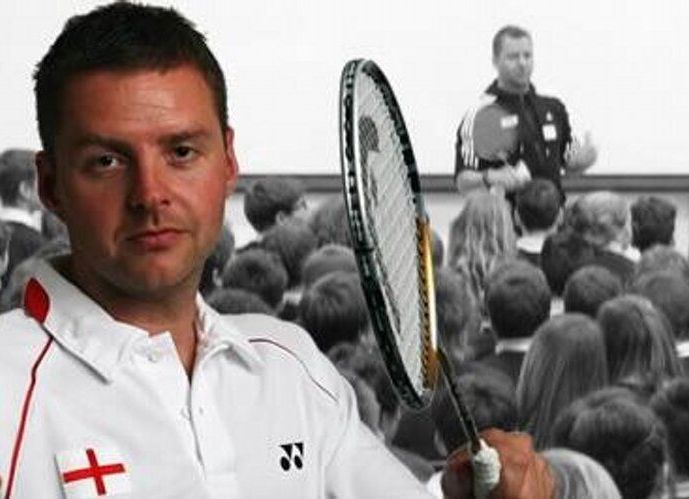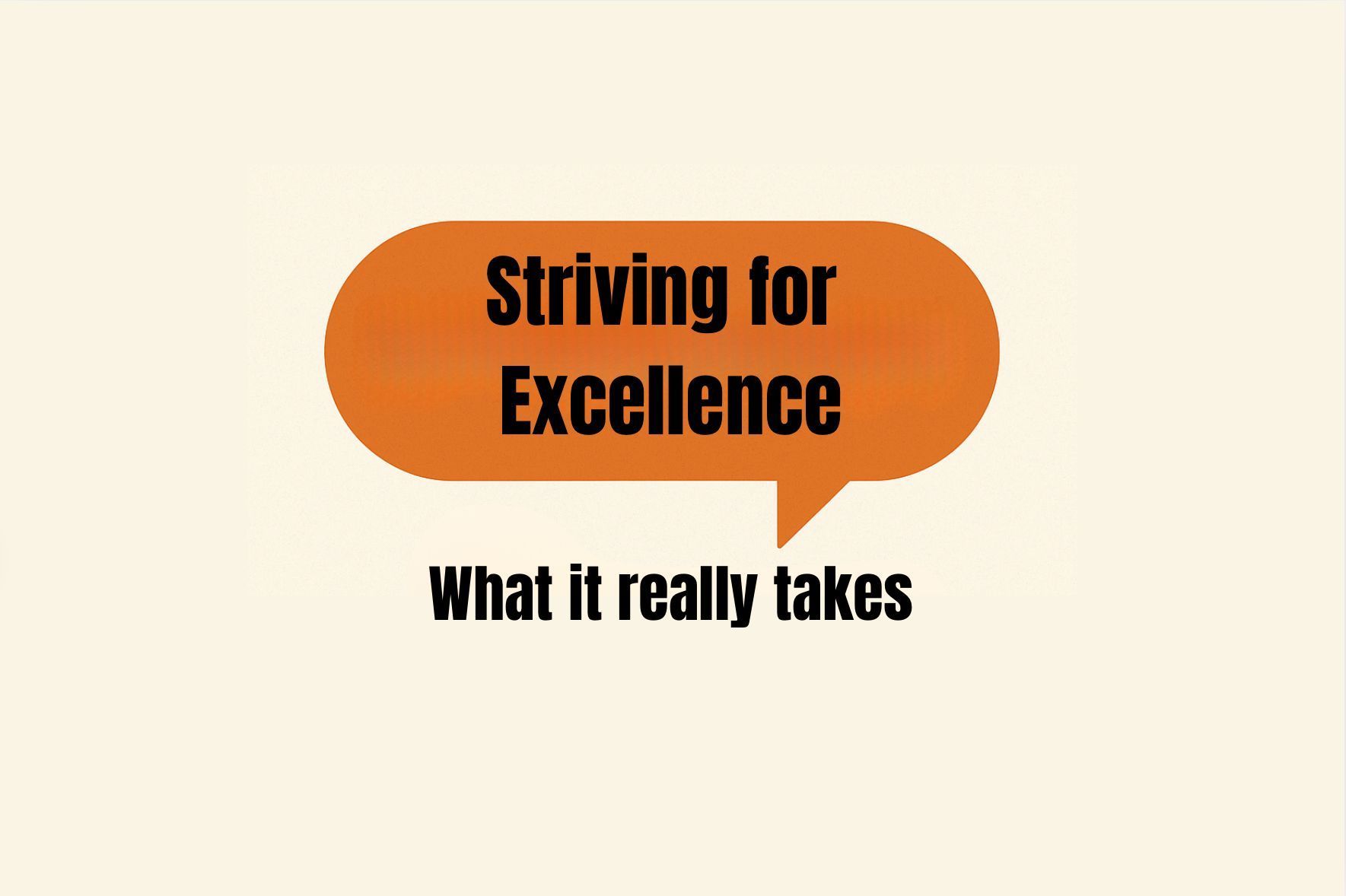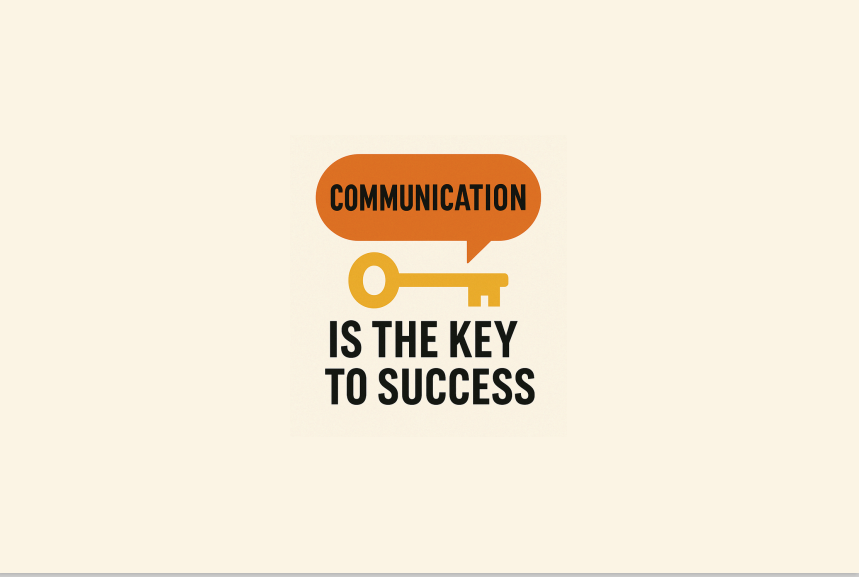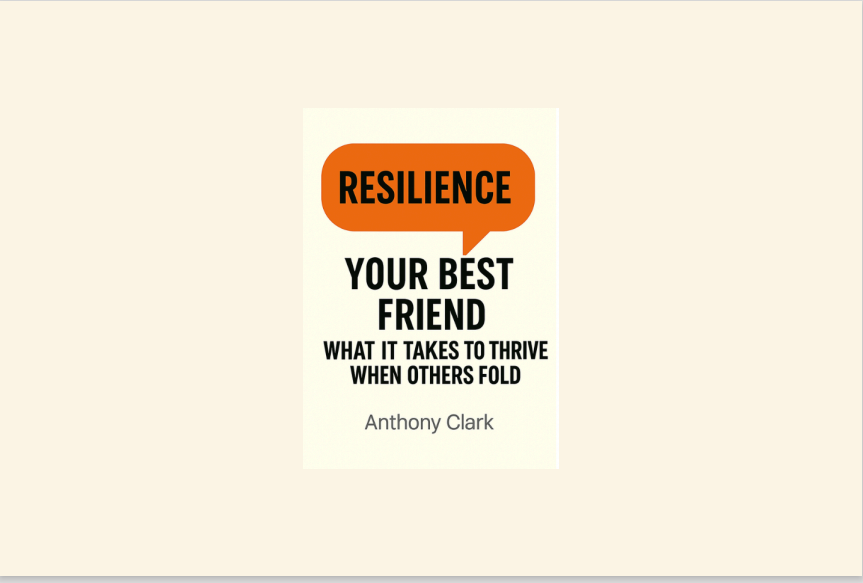The Real Game of Leadership: What the Best Do, and What the Rest Teach You
The Real Game of Leadership: What the Best Do, and What the Rest Teach You
After 29 years in elite sport, I’ve learned that leadership isn’t about status. It’s about responsibility.
I’ve seen outstanding leaders shape cultures, lift people, and drive success. I’ve also seen others cause damage through ego, insecurity, or by trying to look the part instead of living it.
I don’t write this from a place of perfection. I’ve made mistakes. But I’ve always cared, and I’ve never stopped learning. What follows are the leadership lessons that have stuck with me, and the behaviours I now recognise as red flags.
Where It All Started
My first examples of leadership came from home. My parents led through quiet strength. No fuss. No pressure. Just steady support. It stuck.
School was different. Some teachers were brutal, but they cared. Discipline was non-negotiable. You knew where the line was, and you didn’t cross it. That gave me structure, clarity, and a standard to live up to.
By the time I reached elite sport, I was ready. Six hours a day, five days a week. No shortcuts. Just honest work.
Not everyone made that leap easily. But that’s where real leadership counts. It’s not about treating everyone the same. It’s about helping each person find their feet and figure out how to give their best.
Clarity Isn’t Cruel
If standards are vague or only applied to a few, trust breaks down and performance suffers. But when expectations are clear, consistent, and lived by everyone, teams thrive.
This isn’t about control. It’s about fairness. In the best environments, people hold each other to high standards. They take pride in it.
Athletes notice everything. If leaders cut corners or shift the goalposts, people stop buying in. The best leaders live the standards they expect from others. That’s how belief is built.
Leadership Is Hard Work
There is no perfect method. What lifts one person might crush another. Some need directness. Others need time and patience.
No matter what you do, someone will think you’re too tough or too soft. Too involved or too distant. But leadership isn’t about being liked. It’s about being what the moment needs, and being willing to adjust.
If leadership feels easy, you’re probably not doing it right.
The Art of Saying Yes and No
I’ve worked under both extremes.
One boss said no to everything. You’d bring an idea and be met with silence, as if it was your job to explain it again and again. It chipped away at your confidence. You knew where you stood, but the price was growth and trust.
Another said yes to everything. It felt energising at first. Ideas flowed. But over time, things fell apart. Promises were broken. Budgets collapsed. Trust disappeared.
Strong leadership doesn’t live at either end. It takes courage to say yes when it matters, and strength to say no when it’s the right thing to do. Most of all, it takes honesty about what’s realistic.











